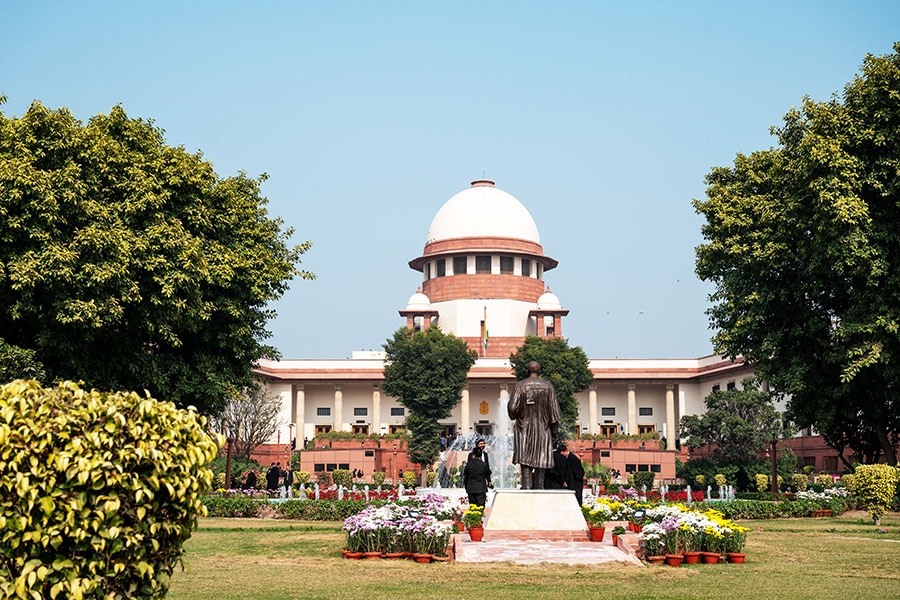
Supreme Court finds Electoral Bonds Scheme unconstitutional; orders SBI to stop issuing them
Stressing the need for transparency in political funding, the apex court said the anonymity of donors violates the Right to Information under Article 19(1)(a)
 The Supreme Court of India on Thursday struck down the electoral bonds scheme, calling it “unconstitutional”.
Image: Shutterstock
The Supreme Court of India on Thursday struck down the electoral bonds scheme, calling it “unconstitutional”.
Image: Shutterstock
The Supreme Court of India on Thursday struck down the electoral bonds scheme, calling it “unconstitutional”. The apex court said the anonymity of donors in electoral bonds violates the Right to Information under Article 19(1)(a). The top court ordered the State Bank of India (SBI) to stop issuing new electoral bonds, and to furnish and submit to the Election Commission the details of all electoral bonds encashed by political parties.
The five-judge constitution bench headed by Chief Justice DY Chandrachud delivered a unanimous decision. Stressing the need for transparency in political funding, CJI Chandrachud said, “Information about funding of political parties is essential for the effective exercise of the choice of voting.”
Electoral bonds were introduced through the Finance Act in 2017. The Act enabled individuals and companies to donate anonymously to political parties through electoral bonds. Before the Act, political parties were required to disclose the names of their donors who donated above Rs20,000.
Furthermore, the Finance Act 2017 amended the Income Tax Act, the RBI Act, and the Representation of People Act, allowing companies to donate irrespective of their profit and losses. Earlier, the companies were not allowed to donate more than 7.5 percent of their profits. “The amendment does not recognise the harm of allowing loss-making companies to contribute due to quid pro quo. The amendment to Section 182 of the Companies Act is manifestly arbitrary for not making a distinction between loss-making and profit-making companies,” the Supreme Court said.







